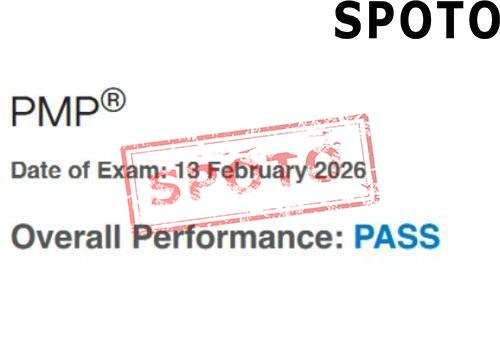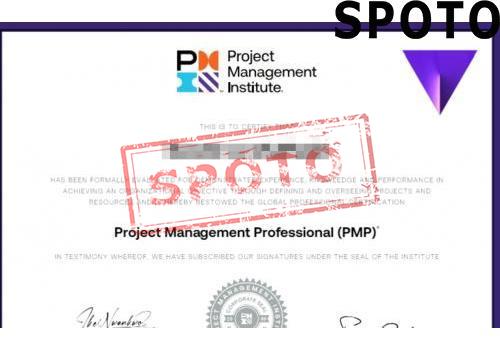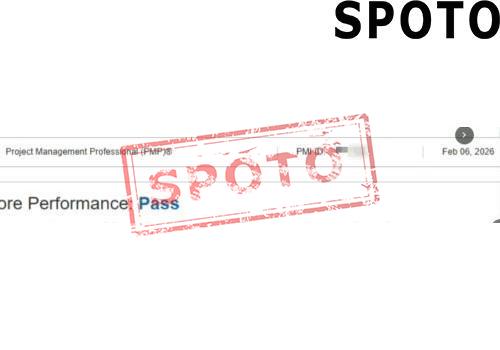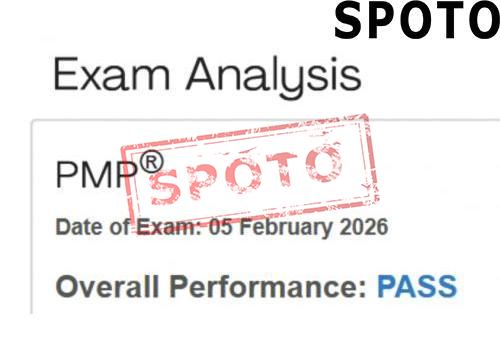
Table of Contents
Are You a Natural Organizer? Looking for a Thriving Career? Discover the World of a Project Coordinator!
Imagine a role where your keen eye for detail, excellent communication skills, and knack for organization can lead to a rewarding career across various industries. With the increasing demand for skilled coordinators in sectors like technology, healthcare, construction, and finance, this role offers a promising pathway for those eager to develop essential skills and grow professionally.
In this blog, we'll explore what a Project Coordinator is, their key responsibilities, the skills required, salary expectations, potential career opportunities, and how you can step into this dynamic profession.
1. What is a Project Coordinator
A Project Coordinator acts as the backbone of project execution. Essentially, they're the organizers who ensure that every part of a project runs smoothly—from planning to completion. While Project Managers set the strategic direction and oversee the entire process, Project Coordinators handle the day-to-day administrative and operational tasks to keep everything on track.
Think of them as the glue that holds a project together. They coordinate communication between teams, monitor progress, manage resources, and ensure deadlines are met. Without their support, even the most well-planned projects can face delays and miscommunications.
2. What does a Project Coordinator do?
Responsibilities of a Project Coordinator
Project Coordinators juggle many responsibilities, which can vary depending on the industry and company. However, certain core tasks are common:
- Monitoring daily project progress to ensure tasks align with deadlines
- Providing detailed updates to project managers and stakeholders
- Organizing resources and supplies needed by team members
- Preparing reports, invoices, contracts, and financial files for easy access
- Planning meetings and managing project logistics
- Performing billing and bookkeeping tasks
- Ordering office supplies
In some organizations, they also handle scheduling, risk management, and controlling project scope. They serve as the primary communication bridge, ensuring everyone is informed and aligned.
Project Coordinator vs. Project Manager
While both roles work closely, their scope differs. The Project Manager develops the project plan, estimates budgets, and makes high-level decisions. The Project Coordinator supports this plan by handling the operational details, freeing the Project Manager to focus on strategic oversight.
Many Project Coordinators eventually advance into Project Management roles after gaining experience and developing leadership skills.
Skills of a Project Coordinator
Success in this role hinges on a robust skill set:
- Communication skills: Clear, effective written and verbal communication
- Leadership and teamwork: Ability to motivate and manage team members
- Organization and time management: Prioritizing tasks and managing multiple deadlines
- Technical skills: Familiarity with project management tools and software
- Problem-solving: Quickly resolving issues to keep projects on track
- Moreover, skills like data analysis, stakeholder management, and risk assessment are increasingly valued, especially with the rise of AI-driven project management tools.
Related Job Opportunities
- Project Manager
- Program Coordinator
- Project Assistant
- Event Coordinator
- Operations Coordinator
- Business Analyst
3. How much do project coordinators make?
According to recent data from Hong Kong SAR, the average monthly salary for a Project Coordinator ranges from HKD 19,000 to HKD 25,000. In the United States, the average annual salary is approximately $64,349, with potential for bonuses and additional benefits. As experience and skills grow, so does earning potential, making this a financially rewarding career choice.
4. Why pursue a career as a Project Coordinator?
Career Opportunities
The role opens doors to numerous opportunities. Many coordinators progress to become Project Managers, Program Managers, or even Portfolio Managers, overseeing multiple projects. Industries increasingly recognize the value of skilled coordinators, leading to higher demand and job stability.
Diverse Challenges and Opportunities for Growth
Every project presents unique challenges, whether managing tight deadlines, budgets, or stakeholder expectations. This constant variety keeps the role exciting and provides ample opportunities to learn and develop professionally.
Additionally, with the rise of digital tools and methodologies like Agile, coordinators who adapt and hone their skills can not only excel but also specialize in areas like program management or strategic planning.
5. How do I become a Project Coordinator?
Step 1: Earn the Right Education
Most organizations prefer candidates with at least a high school diploma, with many favoring a bachelor's degree in Business, Communications, or related fields. For those wanting to stand out, certifications from recognized institutions bolster credibility.
Step 2: Develop Core Skills
Building a diverse skill set is crucial. Enroll in courses that improve your communication, organization, and technical abilities. Familiarity with project management tools like Microsoft Project, Asana, or Trello is highly beneficial.
Step 3: Consider Certification
Professional certifications validate your skills and dedication. The Project Management Professional (PMP) from PMI is an excellent option. And for those just starting, the Google Project Management Professional Certificate offers a comprehensive, beginner-friendly pathway.
Step 4: Gain Experience
Internships, volunteering for projects, or entry-level roles help you accumulate practical experience. Demonstrating your ability to handle coordination tasks effectively positions you for promotion.
Step 5: Continue Learning
The project management landscape evolves rapidly. Keep up-to-date with new tools, methodologies, and best practices to stay competitive.
Ready to become a successful Project Coordinator? Maintain your organizational edge, embrace continuous learning, and consider expanding your skills with SPOTO's top-notch courses. The journey into a rewarding career starts with the right knowledge!










